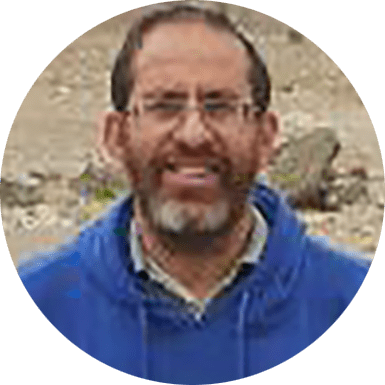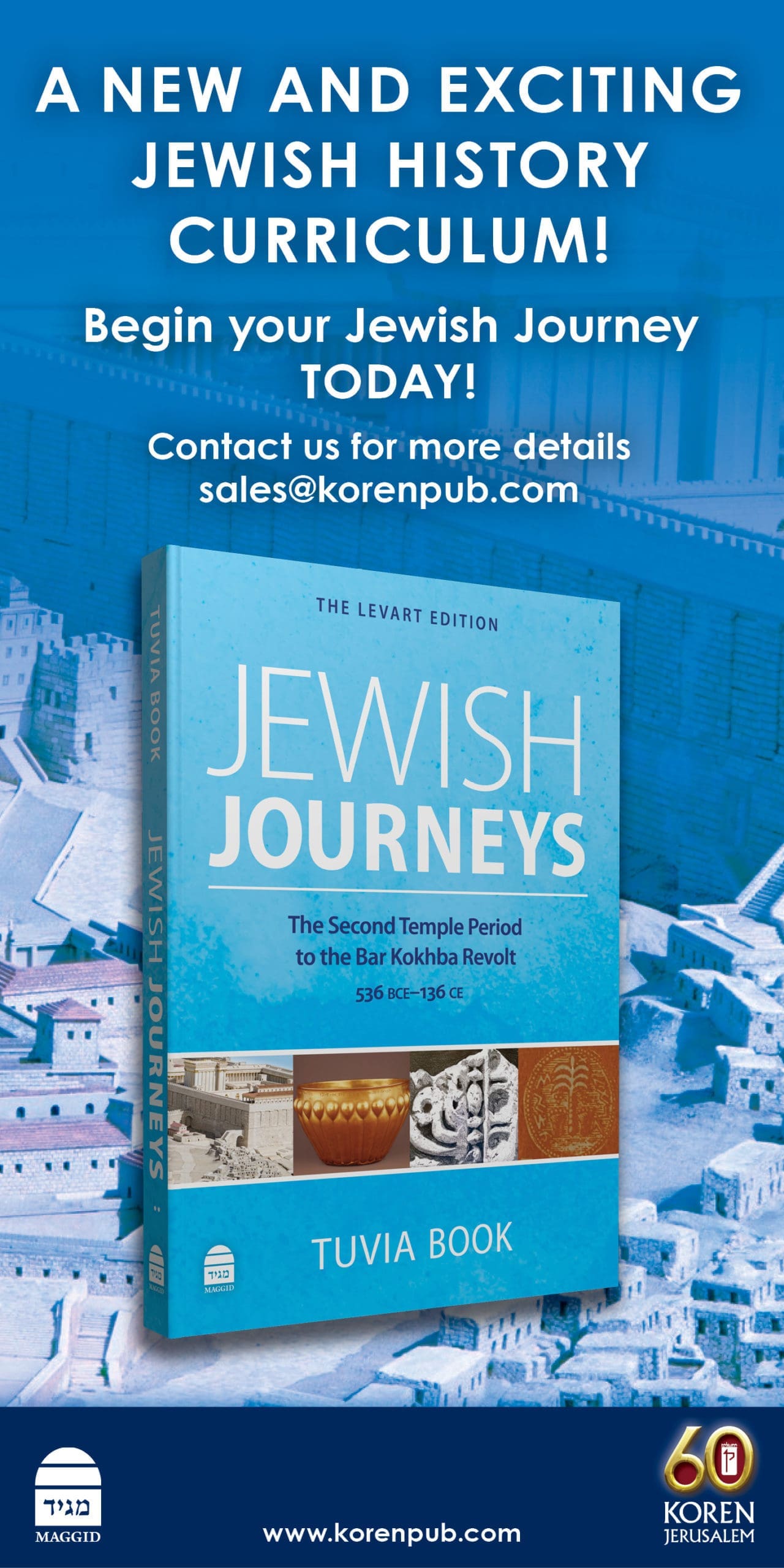In his final song, Moses commands the Children of Israel: “Remember the days of old, seek to understand the years of each generation” (Deuteronomy 32:7).
As we ask how best to teach Jewish History in high schools, there are three principles I’d like to examine based on the wording of Moses’ command.
- Moses speaks about remembering, implying that one must first acquire factual knowledge that makes sense and can sit in the memory. Only that way will the student be able to use the acquired information for her own thinking process.
- Moses’ second instruction requires a search for understanding. The Hebrew word Havana, translated to “understanding,” denotes the ability to derive one piece of information from another. It implies the use of creative and critical thinking in a manner that will bring the individual to a personalized interpretation of what he studies.
- The language used to describe history speaks of ”each generation,” suggesting a need to differentiate between the generations and to gain an understanding of the distinct character of each time period.
Let us examine how we can apply these three principles to make Jewish History engaging, exciting, and meaningful.
The first principle, relating to knowledge acquisition, refers to our selection and organization of content. A Jewish History curriculum needs to present a narrative that is understandable because it is systematic and chronological. It needs to tell a story, with ups and downs, full of excitement, challenges, and dangers. We need to strive to have our students waiting with bated breath for the next installment—but the story must make sense. Each episode of our story needs to build on the previous episodes and the students will learn to understand the Jewish story as an unfolding drama. The chronology is important because it lays the foundation for understanding.
Our second task is to equip the students to engage in creative and critical thinking in order to find personal meaning. To enable that to happen, my agenda is to induce the student to enter the story, not as an observer, but as an active participant. The key question that I always ask is, ”What would you have done?” If you were alive in the days of Samuel the prophet, would you have supported or opposed the people’s demand for a king? If you were alive at the time of Bar Kokhba, would you have joined the rebellion as encouraged by Rabbi Akiva or would you have chosen the path of the people of Tzippori and Ein Gedi who refused to join the rebellion? If you were a Jew suffering persecution in 15th century Spain, would you have sought to leave to build a life elsewhere or would you have accepted forced conversion and risked your life as a secret Jew?
These questions become the centerpiece of each topic studied. Once students are equipped with enough contextual understanding of the story to appreciate the complexity of the dilemmas, they are required to form and defend their opinions based on how they understand the historical situation. They are challenged to comprehend and analyze material and to develop the skill of arguing their position and expressing their ideas.
This methodology involves extensive classroom discussion and role playing. When the British offer the Zionist movement the option of a territory in Uganda, the class become delegates to the Sixth Zionist Congress and debates the issue. When Cyrus offers the Jews in Babylon the option of returning to Judea to rebuild the Temple, the students become the exiles who now need to decide whether to remain in Babylon or venture back to the land of their forefathers.
The climax of this learning process is when the students reach the realization that the historical dilemmas that faced their ancestors are not inherently different from many questions facing contemporary Jews and themselves, as they seek to define their own Jewish identity. As they study the influence of Hellenism amongst the Jews under the Ptolemies and the Seleucids they grapple not only with, ”What would you have done had you lived then?” but also with, “To what extent have we allowed American and western culture to affect our lives today?” They examine the question of how did the Jews survive the Babylonian exile and what was needed to maintain Jewish life as strangers in a foreign land, which leads directly into a discussion of what do we need to do to maintain Jewish life in the Diaspora today? And when we debate the question of whether Jews should have accepted the offer to set up a state in Uganda, it rapidly turns into an impassioned discussion about attitudes to the State of Israel amongst Diaspora Jewry today.
History cannot be taught unless the story is chronological and clear, but that is not the end goal, it is the means which enables them to tackle the most critical issue that faces them—the task of defining their own Jewish identity.

Reach 10,000 Jewish educational professionals. Advertise in the upcoming issue of Jewish Educational Leadership.




